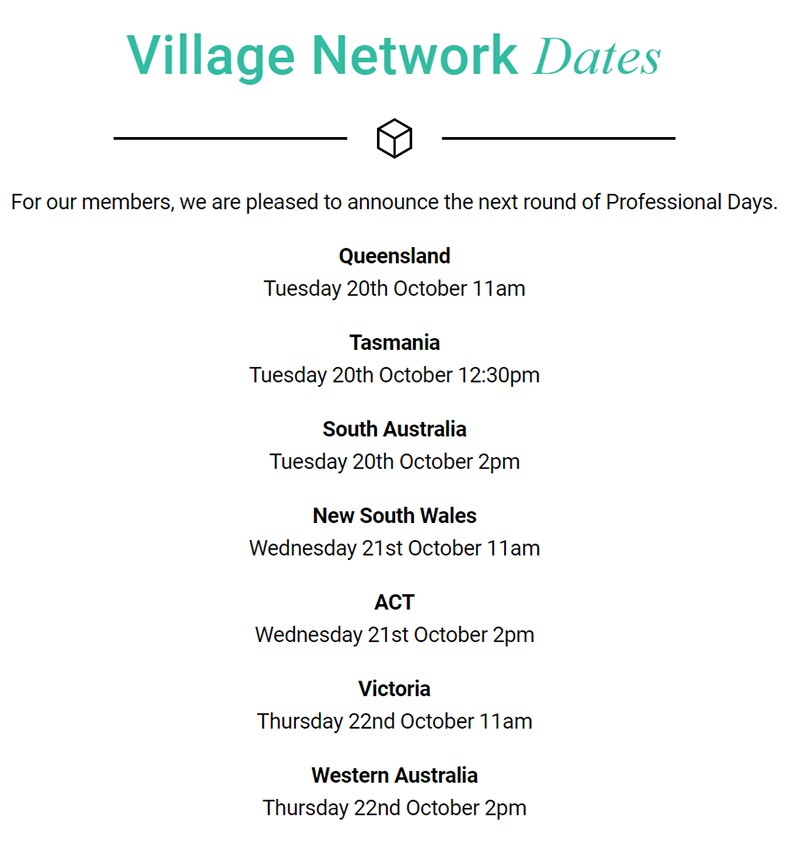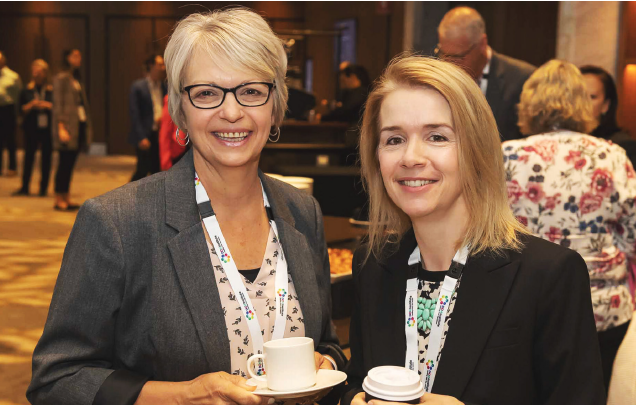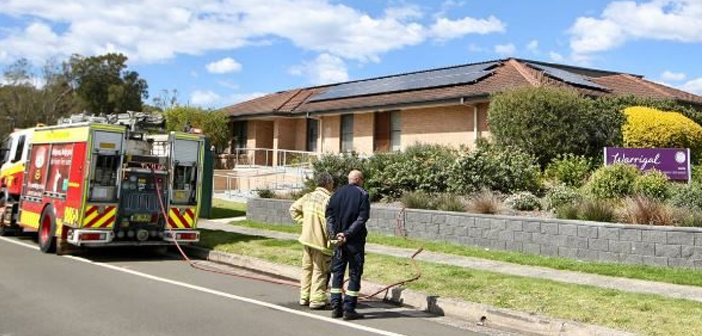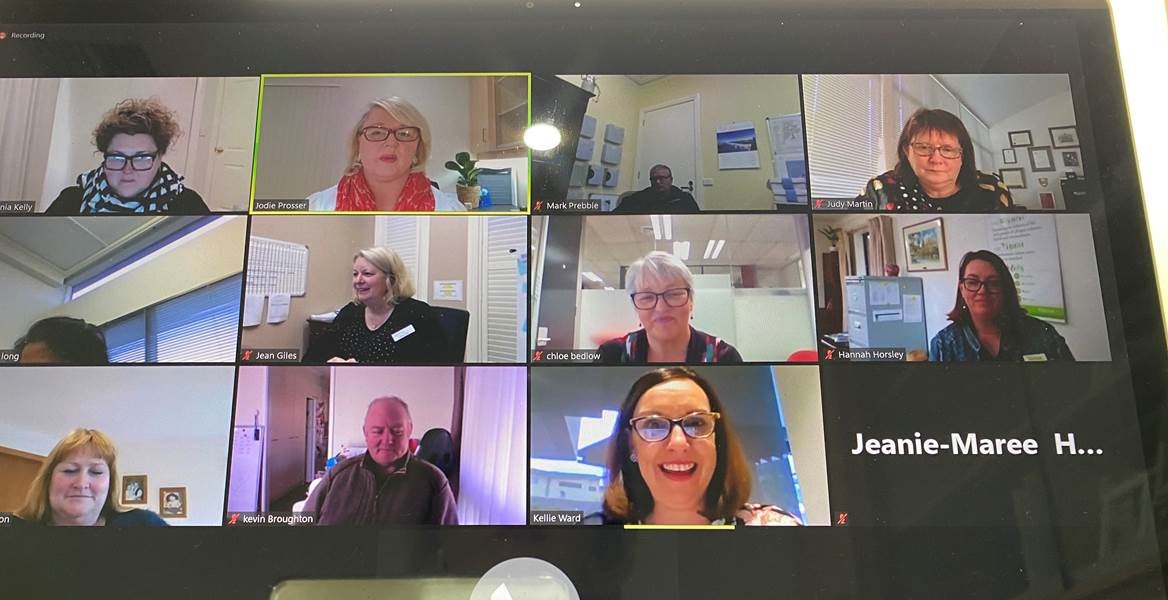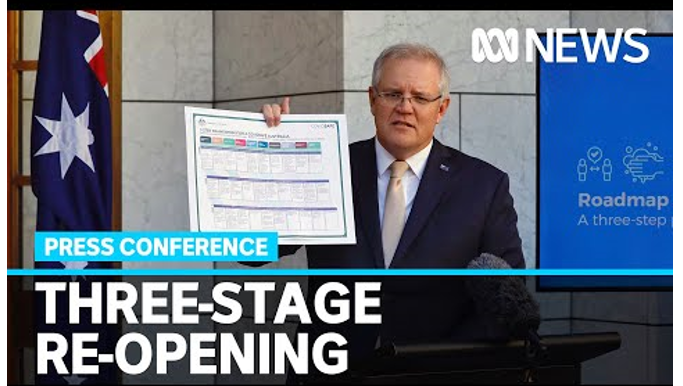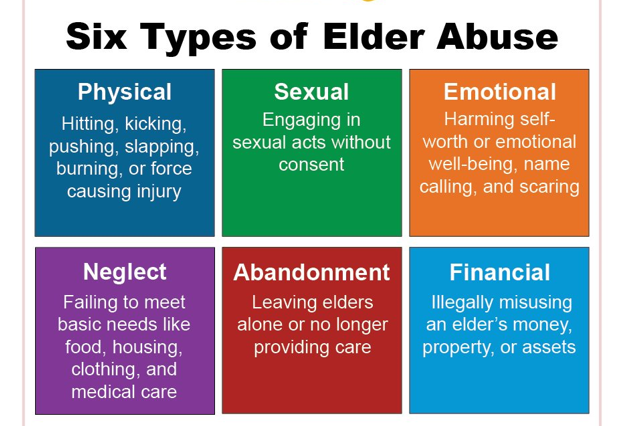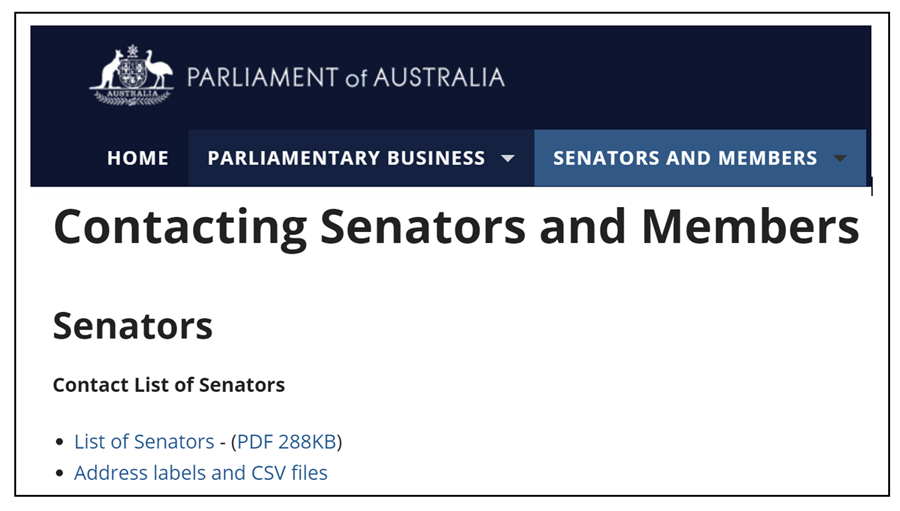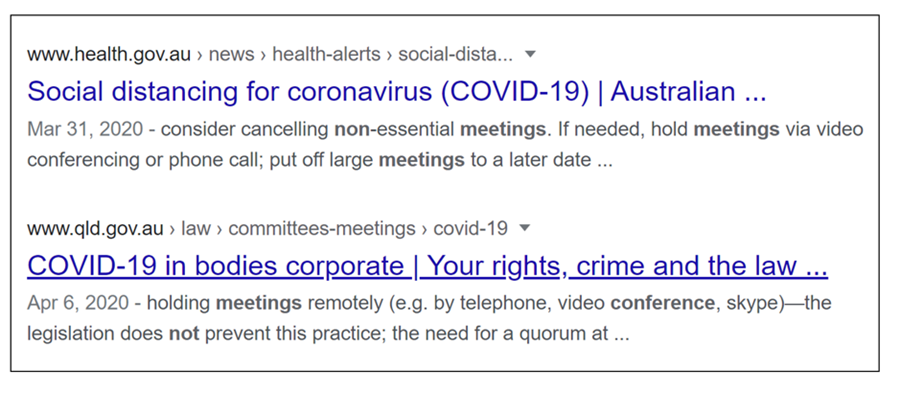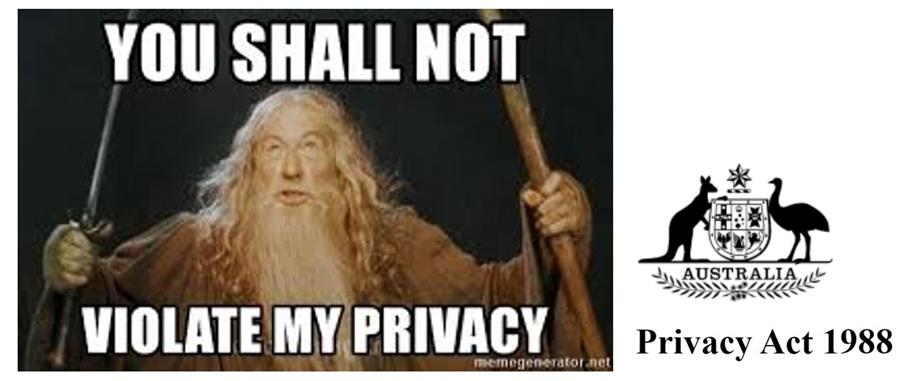Don’t you hate it when you are getting nowhere?
Recently Village Manager Vanessa White from OakTree Dural, an inaugural member of our DCMI Village Management Professional Development program, reached out to her local MP Justin Lesser as a last resort to assist her 18 month fight with Telstra to obtain suitable connections to phone and internet for the resident in her village.
OakTree Dural is just over 30km from Sydney’s CBD, yet residents have been unable to connect with doctors via Telehealth. The COVID pandemic has heightened her residents need to communicate via phone and internet with family, friends and importantly support services.
After nearly two years of unanswered requests and with no rectification in sight by Telstra, Justin recognised the urgency and began a campaign to highlight to Telstra’s CEO that this situation was unacceptable.
His campaign was taken up by the Daily Telegraph, Allan Jones 2GB, Seven Nightly News and a number of smaller media outlets. Telstra got the message.
This is just one example of why establishing a sound working relationship with your local MP can be mutually beneficial.
In our Village Management Professional Development program I am often heard preaching the benefits of maintaining working relationships with you local MP. Whether it is to assist in situations such as this one, to provide support on grant programs, or to open the new veggie garden.
It’s easy. Invite them to talk to residents about what they are doing for the local community, and to have their photo taken. Remember, every resident has local family as well.
Think of it as a ‘win win’ relationship. You will get some access to additional support or information, you will be helping to educate our future Ministers on the benefit of Retirement Living and may even in cases like this one, get someone to champion your cause.
For the local Member they get recognition for assisting a large number of local constituents with an issue, the opportunity to meet local voters all in one place and be educated about retirement living for use in future party committees and discussions.
If you haven’t started that relationship with your local member already, put it on your ‘what I would like to achieve over winter’ list!
